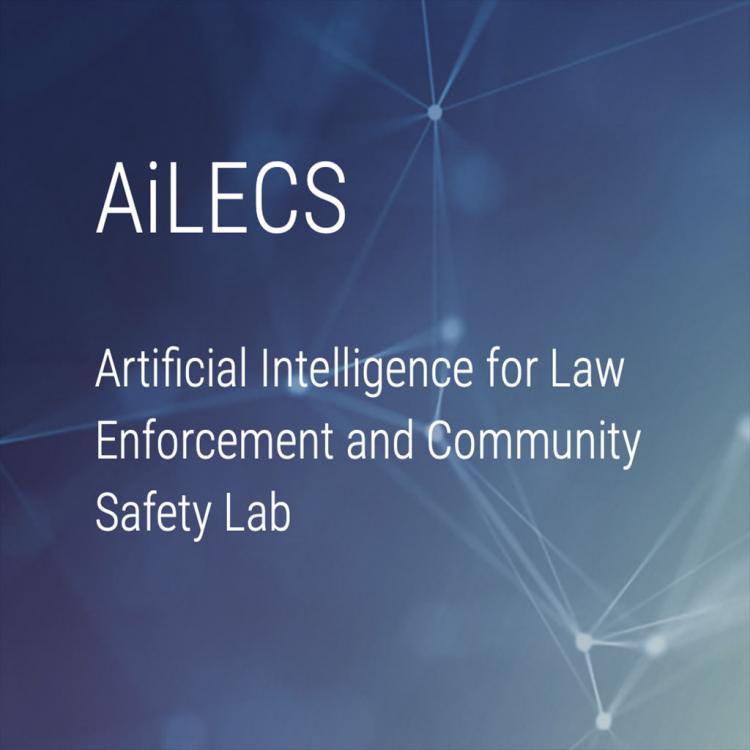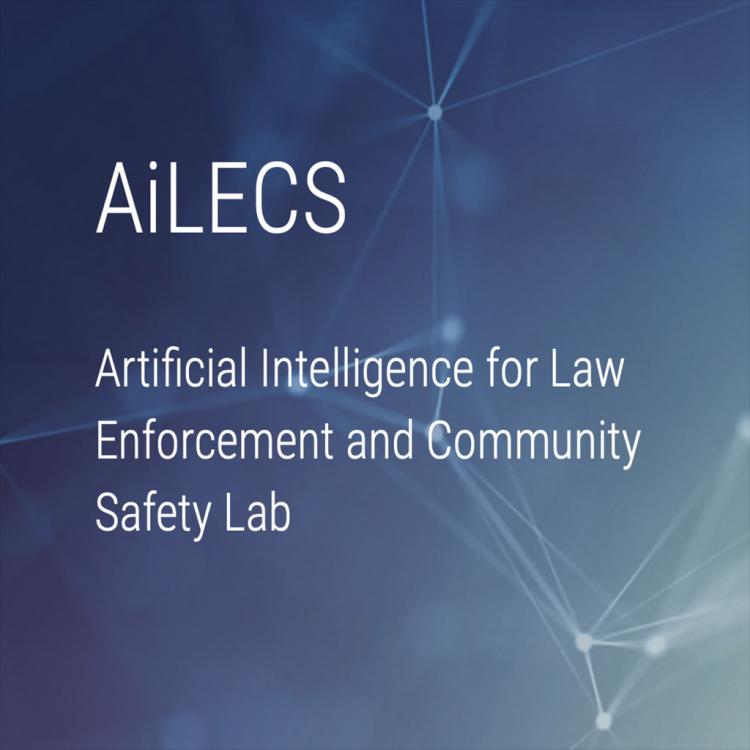Networked digital diagnostic, monitoring and patient treatment tools permeate medical practice. A plethora of telemedicine, national and other eHealth records, injury assessment, patient-specific devices, hospital theatre equipment tools have resulted in a multi-billion dollar industry worldwide. Research suggests the application of these tools to healthcare can improve clinical workflows and patient care outcomes.
Research projects in Information Technology
Displaying 91 - 100 of 112 projects.
Computational Modelling of Conformity in Social Systems
Computational simulations are now widely employed to study the behaviour of social systems, examples being market behaviours, and social media population behaviours. These methods rely heavily on game theoretical modelling, usually employing populations of software agents to emulate the behaviour of human populations. Researchers construct models, usually based on known games, and empirical data, and use these to explore how the population reacts to changes. Many behaviours that are not well understood in social systems can be accurately captured and understood using these techniques.
Evolutionary Impacts of Deception
Agent-based computational simulations are now widely employed to study the evolution of behaviour, e.g., predator-prey simulations, the evolution of cooperation and altruism, the evolution of niches and food chains. These methods implement evolutionary processes in virtual populations of software agents and explore the evolution of their behaviour in diverse environments. Many behaviours that are not well understood in biological systems, that are difficult or impossible to measure in real environments, can be accurately captured and understood using these techniques.
Machine Learning and Computer Vision for Ecological Inference
"A picture is worth a thousands words"... or so the saying goes. How much information can we extract from an image of an insect on a flower? What species is the insect? What species is the flower? Where was the photograph taken? And at what time of the year? What time of the day? What was the weather like on the day the photograph was taken? This project aims to extract useful ecological and/or horticultural data from digital images by analysing their content.
New paradigms for solving Combinatorial Optimisation problems
In this project we are interested in exploring new paradigms for solving Combinatorial Optimisation problems, and generally NP-hard ones. One direction of research could consist in using approximation algorithms for deriving dual bound within a branch-and-bound algorithms. Other directions could use Machine Learning or new decompositions. This subject is generally quite open so it is important to be highly creative.
Creating subject-specific mathematical models to understand the brain
The brain is a complex machine and brain function remains yet to be fully understood. This project works at the intersection of dynamical modelling, statistical signal processing, statistical inference and machine learning to develop subject specific mathematical models of the brain that can be used to infer brain states and monitor and image the brain.
Enhancing Service User Care Pathway Experience through AI-Driven Personalisation
We are seeking a highly motivated and innovative PhD student interested in exploring the opportunities for using AI to enhance personalisation of services and resource recommendations, ultimately optimising the overall user journey. This project will improve the care pathway experience for young people and families accessing mental health services through the headspace website.
Possible approaches to addressing this challenge might include:
Developing classifiers for offensive material
This project will seek to further the research into and development of machine learning techniques that may be used to triage, classify, and otherwise process material of a distressing nature (such as child exploitation material). It will involve the use of deep neural networks for image, video, audio, social network, and/or text classification.
Spatio-temporal classification of images and video
This project aims to identify novel methods for inferring where and when photographs and videos were recorded from features of the material itself. A key requirement of image processing in a Law Enforcement (LE) context is to augment classification of material by identifying its spatio-temporal context.
Adversarial Machine Learning for Structured Data
Adversarial Machine Learning (AML) is a technique to fool a machine learning model through malicious input. Due to its significance in many scenarios, including security, privacy, and health application, AML has attracted a large amount of attention in recent years. However, the underlying theoretical foundation for AML still remains unclear and how to design effective and efficient attack and defence algorithms are remain a challenge in the research community. Furthermore, most existing AML algorithms can only apply to Euclidean space.


